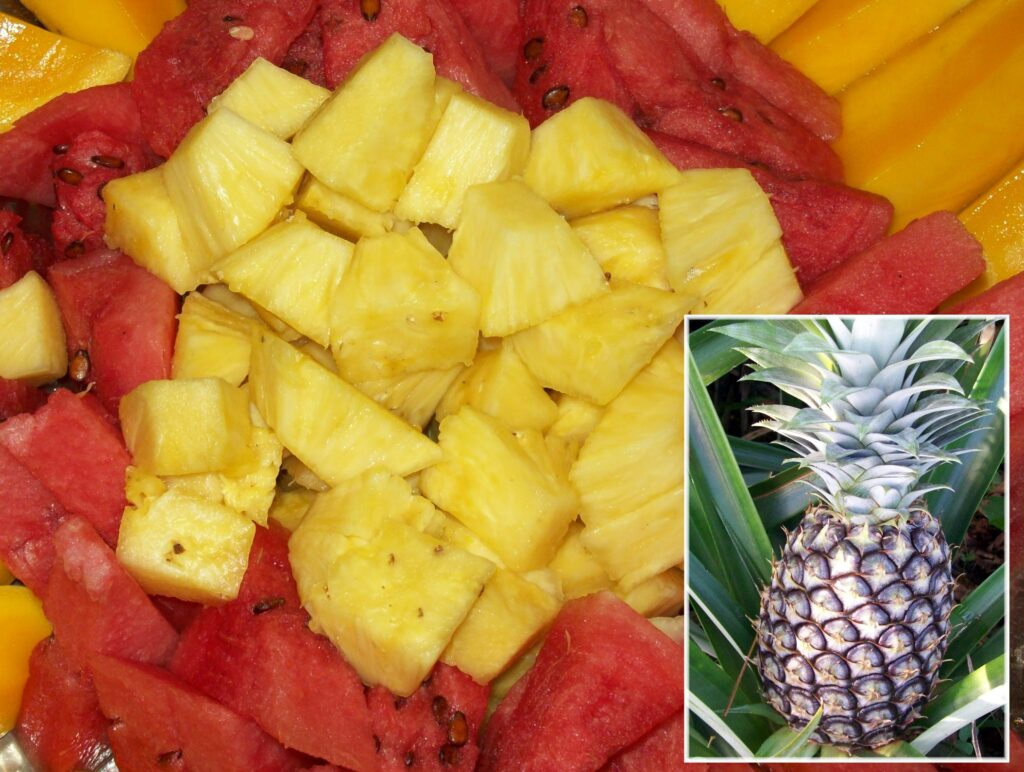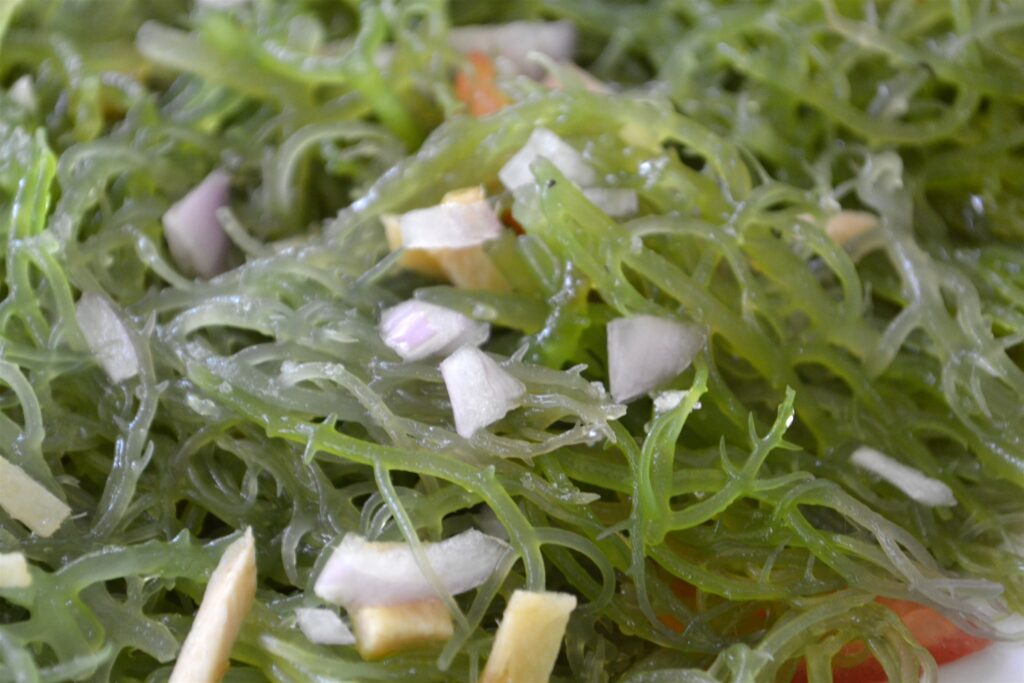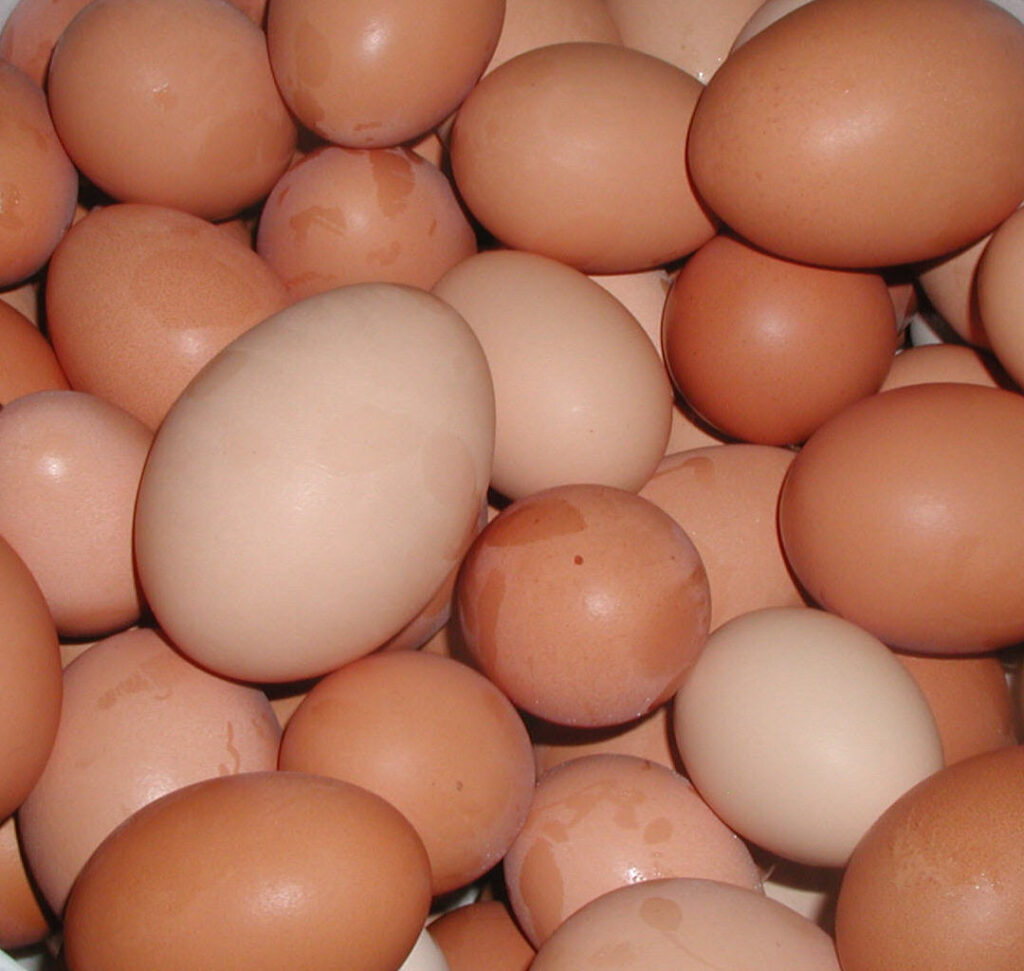Text and Photos by Henrylito D. Tacio
Does it often take you more than 30 minutes to fall asleep at night? Or do you wake up frequently during the night – or too early in the morning – and have a hard time going back to sleep? When you awaken, do you feel groggy and lethargic? Do you feel drowsy during the day particularly during monotonous situations?
If you answered “yes” to any one of these questions, you may have a “sleep debt” that is affecting you in ways you don’t even realize. Until the 1950s, most people thought of sleep as a passive, dormant part of our daily lives. We now know that our brains are very active during sleep. Moreover, sleep affects our daily functioning and our physical and mental health in many ways that we are just beginning to understand.
“To sleep – perchance to dream,” wrote William Shakespeare in his masterpiece play, “Hamlet.” It’s a nice concept. However for many men, women and children, the elusive road to slumberland is anything but a dream.
If you have a hard time getting a good night’s sleep, perhaps a little help from foods may do the trick. Consider the following:

Banana: “In one form or another, raw or cooked, more bananas are consumed daily than perhaps any other fruit in the world.” That’s what the book, Tropical and Subtropical Agriculture, states.
Unknowingly, banana is one of the most healthful fruits the world has known. Alexander the Great was so fascinated by the virtues of this fruit that he described it as “the heavenly fruit that tasted like nectar sweetened in honey.”
The fruit is fully packed with magnesium and potassium. According to Michael Breus, author of The Sleep Doctor’s Diet Plan: Lose Weight Through Better Sleep, magnesium helps relax muscles and nerves and promotes healthy circulation and digestion. Potassium, on the other hand, calms restless legs and help prevent nighttime leg cramps.
Not only that, it also contains the sleep-inducing amino acid tryptophan, which ultimately turns into serotonin and melatonin in the brain. “Serotonin is a neurotransmitter that promotes relaxation; melatonin is a hormone that promotes sleepiness,” explains Angela Haupt in an article which appeared in US News and World Report. “It takes about an hour for tryptophan to reach the brain, so plan your snack accordingly.”

Pineapple: Like most fruits, pineapples are loaded with vitamins and minerals including vitamin A, vitamin C, calcium, phosphorus, and potassium. It is also rich in fiber and calories. On top of it all, this fruit is low in fat and cholesterol.
Dr. Martin D. Fried, a nutrition specialist, wrote about researchers’ findings that the levels of melatonin increase by more than 266% after eating pineapple.

Seaweed: Unknown to many, seaweed possesses some medicinal values. They are used to treat or prevent goiter, glandular troubles, stomach disorders, intestinal and bladder difficulties, unusually profuse menstrual flow, high-blood pressure, and high plasma-cholesterol level.
Some studies have found that seaweed can promote weight loss. For this reason, seaweed extract is used in some diet pills. But what most people don’t know is that seaweed is also a sleep inducer. In an article which appeared in seniorsite.com, seaweed has been described as having a “chock-a-block full of melatonin.”
Milk: Dairy products like yogurt are rich in melatonin-boosting calcium, and a number of studies have found that calcium deficiencies are due to poor sleep quality. “Drinking milk before bedtime also evokes memories of mom’s love and warmth when we were young, which make us fall asleep faster,” wrote Teresita Tanalas-Balbuena, a registered nutrition dietitian.
Downing a warm glass will encourage sweet dreams, points out Dr. Donald Hensrud, a preventive medicine specialist at the Mayo Clinic in Rochester, Minnesota. “If you can’t sleep or if you’re waking up in the middle of the night, get out of bed and have some milk,” he suggests.

Fish: Omega-3 fatty acids found in fish — notably DHA — have been linked to all kinds of mellowing health benefits. And now new research shows they might also affect the quality of your sleep. In an article which appeared in Prevention, it was found that “higher levels of omega-3s are associated with fewer sleep problems in children and adults.” In addition, DHA has also been linked to reduced severity of sleep apnea.
According to Dr. Paul Montgomery, professor of psycho-social intervention at University of Oxford, DHA helps release melatonin. “In turn, that helped with the onset of sleep and the stabilization of it,” he was quoted as saying.

Eggs: Eggs also contain protein, vitamins, and minerals. “Eggs are considered to be one of the best sources of protein available,” reported James McIntosh in an article which appeared in Medical News Today. “One medium-sized egg weighing 44 grams typically contains 5.53 grams of protein. Around 12.6% of the edible portion of an egg is protein.”
So eating eggs before bedtime may be a good thing. “Eggs are a high-protein snack that can help keep your blood sugar levels stable so you can sleep through the night,” one American scribe wrote.
Rice: Not just any kind of rice but jasmine rice. In a study done in Australia, it was found that jasmine rice is a good sleeping aid. The research, published in the American Journal of Clinical Nutrition, said that “people who ate a meal that included jasmine rice fell asleep faster than when they ate other rice types.”
Honey: “This sweet stuff is the bee’s knees when it comes to helping you get to sleep,” wrote Michelle Ullman. “Honey’s sugar raises insulin slightly, allowing tryptophan to more easily enter the brain where it works its magic in helping induce restful sleep.”
The Greek philosopher Sophocles once remarked that “sleep is the only medicine that gives ease.” So, have a good night sleep after eating of those aforementioned foods! – ###
